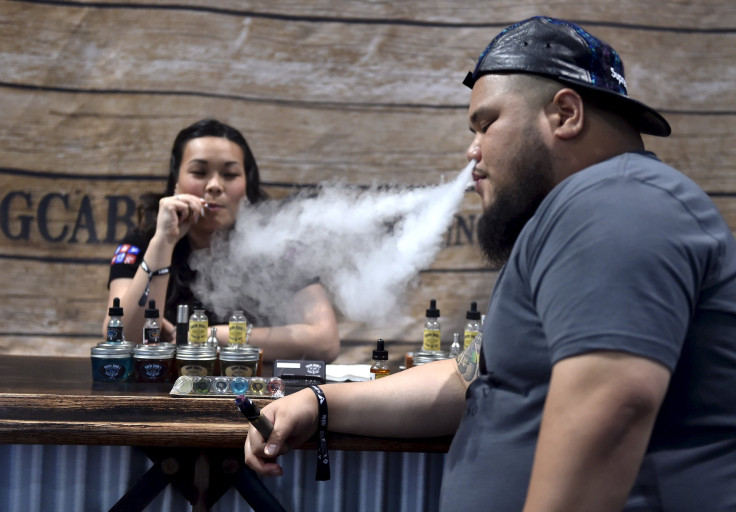UK Regulators License BAT E-Cigarette As Quit-Smoking Medicine

LONDON (Reuters) - Britain's drug regulators have given the go-ahead for a British American Tobacco electronic-cigarette vaping device to be sold as a quit smoking medicine, the first such product to be given a drug license in the UK.
The decision to license BAT's e-Voke product means it can now be prescribed on the state-funded National Health Service for patients trying to give up smoking.
"We want to ensure licensed nicotine containing products -- including e-cigarettes -- which make medicinal claims are available and meet appropriate standards of safety, quality and efficacy to help reduce the harms from smoking," the Medicines and Healthcare Products Regulatory Agency (MHRA) said in a statement on Monday.
The statement said the e-Voke license was granted "recently", and a spokesman told Reuters it was issued "towards the end of last year".
Many experts think e-cigarettes, which heat nicotine-laced liquid into an inhalable vapor, are a lower-risk alternative to smoking, but since they are relatively new products, there is little long-term evidence on their safety.
Public Health England, the government's public health agency, has said it considers e-cigarettes to be at least 95 percent safer than tobacco cigarettes, which cause lung cancer and many other diseases and kill half of all those who use them.
BAT said in a statement on its website it is "currently evaluating plans to commercialise" e-Voke, which uses cartridges containing pharmaceutical grade nicotine.
More than 2 million adults use e-cigarettes in Britain, about a third of whom are ex-smokers and two-thirds current smokers, according to the charity Action on Smoking and Health.
Big tobacco firms, including BAT, Philip Morris International, Japan Tobacco and Imperial Tobacco Group, are jostling for position in the emerging vaping market, which is estimated at around $7 billion for 2015.
The MHRA said it would "continue to encourage companies to voluntarily submit medicines license applications for e-cigarettes and other nicotine containing products as medicines" and hoped to see more e-cigarettes and next generation nicotine delivery products submit applications in future.
(Reporting by Kate Kelland, editing by Louise Heavens)



























